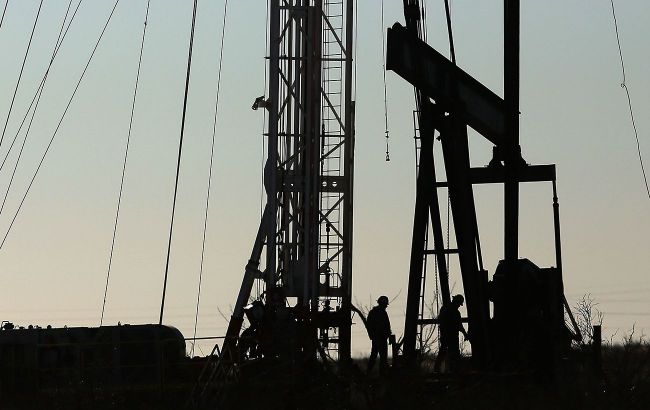Tougher sanctions at the end of 2023 hit Kremlin's oil revenues - U.S. Treasury Department
 Sanctions at the end of 2023 hit Kremlin's oil revenues (Getty Images)
Sanctions at the end of 2023 hit Kremlin's oil revenues (Getty Images)
Additional measures implemented by the United States to control the flow of Russian oil have reduced the price Russia can command for its oil on the global markets, cutting Kremlin revenues for the war in Ukraine, according to Reuters.
As reported by a representative of the U.S. Treasury, the discount on Russian Urals crude oil to the international benchmark Brent has increased by approximately 40% since the U.S. began enforcing compliance with price limits for the Group of Seven (G7) countries. Sanctions were imposed on tankers suspected of transporting Russian oil at prices above $60 per barrel.
The price limit, introduced by the G7, the European Union, and Australia, prohibits the use of Western maritime services, such as insurance, labeling, and transportation, when tankers carry Russian oil at prices of $60 per barrel or higher. This mechanism was implemented in response to Russia's invasion of Ukraine in February 2022.
According to the U.S. official, the discount on Russian Urals crude oil to Brent has increased from around $13 per barrel in October to approximately $18.50 per barrel.
Since October, the U.S. Treasury Department has imposed sanctions on eight tankers suspected of violating the price limit.
The broader discount is a "meaningful link to the fact that the market is being more receptive to our enforcement and compliance actions around the price cap," the Treasury official said, on condition of anonymity.
Revenue from the sale of oil and gas to the Russian federal budget last year fell by approximately 24% to 8.822 trillion rubles (approximately $99.4 billion), according to Russian Ministry of Finance data, following the decline in oil prices and reduced gas sales to Europe.
However, Moscow has said that it expects a recovery of revenues to 11.5 trillion rubles in 2024, as Russia successfully redirected oil previously sold to Europe to China and India.
The U.S. Treasury Department claims that redirecting Russia's oil trade and other expenditures to non-Western services reduces its income for waging war in Ukraine.
Escalation of sanctions
Western sanctions led to half of Russia's oil and oil product exports in 2023 going to China, while India's share increased to 40% over two years. Europe's share in Russia's oil exports plummeted to approximately 4-5% from around 40-45%.
Oil exports from Russia faced challenges after the U.S. intensified sanctions against traders and shipping companies. Signs emerged just weeks after the U.S. Treasury Department imposed the most extensive sanctions against Russian oil traders and the state shipping company Sovkomflot since the beginning of the war against Ukraine.

